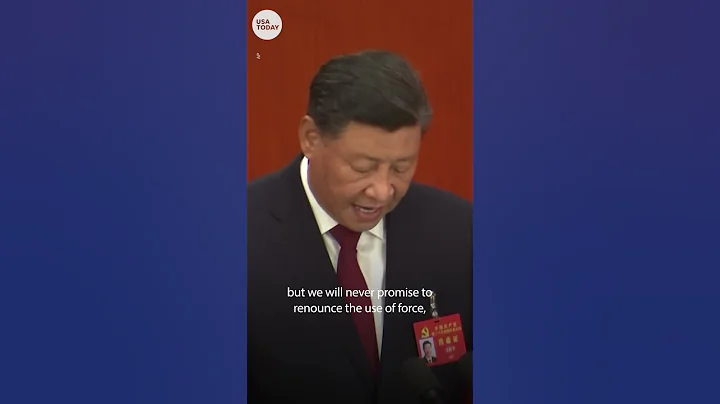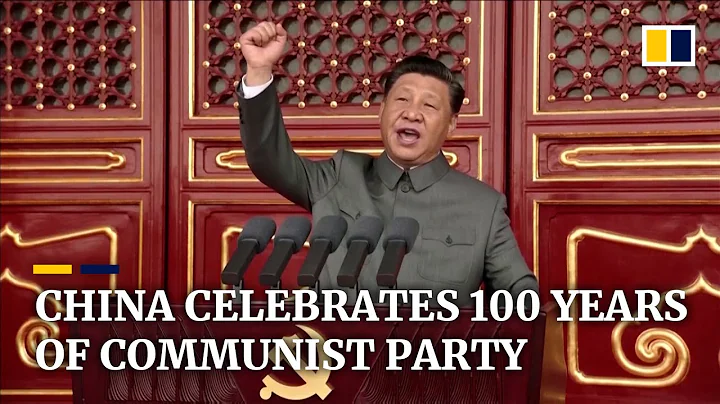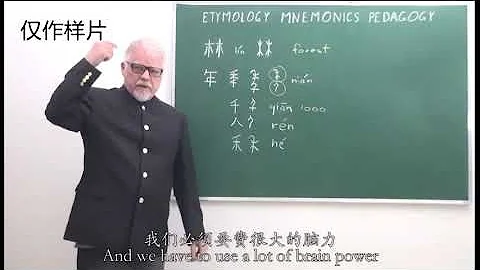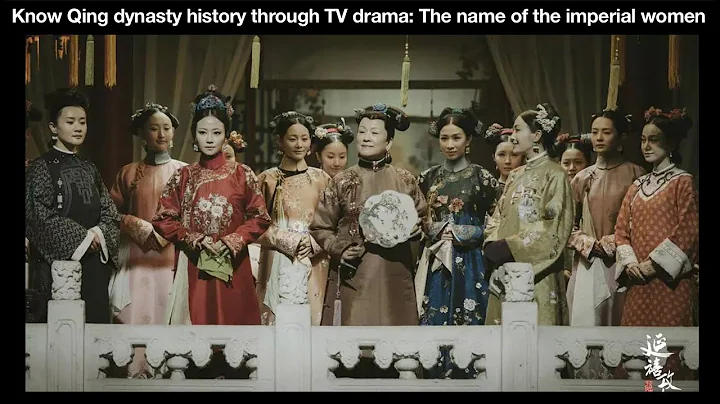In July 1921, the Communist Party of China held its first congress in Shanghai, marking the formal establishment of the party. Since then, the Chinese revolution has taken on a completely new look.
A total of 13 representatives attended the National Congress of the Communist Party of China, representing more than 50 party members across the country. Under the agitation of decades of revolutionary torrent, after experiencing great waves, the 13 representatives finally embarked on very different life paths.

Dong Biwu
Dong Biwu was a leader who participated in the Party's major event at the same time as the great man, and also climbed to Tiananmen Square to attend the founding ceremony of the People's Republic of China.
In 1920, Dong Biwu, Chen Tanqiu and other comrades jointly founded the Wuhan Communist Organization. In 1921, Dong Biwu attended the First Congress of the Communist Party of China and became one of the original 13 representatives. As a loyal elder, Dong Biwu firmly believed in Marxism-Leninism throughout his life and made outstanding contributions to the Chinese revolution.

On April 2, 1975, Dong Biwu died in Beijing at the age of 90.
Wang Jinmei
Wang Jinmei, one of the founders of the Communist Party of China and the earliest leader of the Shandong Party organization.
In 1921, Wang Jinmei attended the First Congress of the Communist Party of China as a representative of Jinan. Since then, Wang Jinmei has successively organized and led workers' strikes on the Beijing-Fengcheng Railway, Kailuan Coal Mine, and Shanhaiguan Railway, and has been working hard for the revolution. In 1925, at the age of 27, he died of lung disease.

He Shuheng
He Shuheng was the eldest among the representatives of the year. After the conclusion of the "National Congress", He Shuheng returned to Changsha and started the establishment and development of Hunan party organizations.
After the Long March, the main force of the Red Army, He Shuheng stayed in the base area and continued to fight. In February 1935, on the way from Jiangxi to Fujian, He Shuheng died heroically at the age of 59.

Deng Enming
Deng Enming is the leader of the Shandong Communist Group and a young student party member.
At the end of 1928, Deng Enming was arrested and imprisoned. After being imprisoned, Deng Enming always adhered to his beliefs as a communist and continued to fight against the enemy in the face of the enemy's coercion and inducement. One morning in April 1931, Deng Enming calmly dressed up and walked to the execution ground singing the Internationale. He was only 30 years old.

Chen Tanqiu
When he attended the First Congress of the Communist Party of China, Chen Tanqiu was the head of the Hubei Communist Group. Since then, he has been serving as the Minister of Food in the Central Soviet Area and later went to the Soviet Union to study.
In September 1939, Chen Tanqiu was ordered to return to China and served as the head of the Eighth Route Army Office in Xinjiang. On September 27, 1943, Chen Tanqiu was persecuted and sacrificed by Chiang Kai-shek at the age of 47.

Li Hanjun and Li Da
Due to differences with Chen Duxiu, Li Hanjun quit the party after the "Second Congress". After leaving the party, Li Hanjun used his "legal" status to protect a group of Communist Party members and did a lot of work for the revolution. On December 17, 1927, Li Hanjun was killed by a Guangxi warlord in Wuhan.
Li Da left the Central Committee because of differences with Zhang Guotao, Chen Duxiu and others, which made a huge mistake in his life. In December 1942, under the witness of great men, Li Da rejoined the party and has been engaged in Marxist theoretical research since then.

Chen Gongbo , Zhou Fohai , and Zhang Guotao
are notorious traitors. Chen Gongbo was the first among the major deputies to defect from the party, and later became an important official of Wang Jingwei's regime. After the death of Wang Jingwei , Chen Gongbo became the number one traitor.
After quitting the party, Zhou Fohai immediately embarked on the road of anti-communism, working with the Chiang Kai-shek group to persecute his former "comrades." After Wang Jingwei committed treason, Zhou Fohai also surrendered and became the third figure in Wang's puppet regime.

After the victory of the Long March, Zhang Guotao defected to the Kuomintang due to his selfish selfishness, causing huge losses to the revolution. Of course, evil people will also be punished. After the victory of the Anti-Japanese War, Chen Gongbo and Zhou Fohai were sentenced to death as traitors, while Zhang Guotao fled the mainland during the War of Liberation and died in a foreign country.
Liu Renjing and Bao Huiseng
Liu Renjing joined the National Government after resigning from the party. When the Kuomintang was defeated in 1949, Liu Renjing finally found his way back and stayed in Shanghai to work. After the founding of New China, Liu Renjing has been engaged in translation and publishing work for a long time.

Bao Huiseng attended the National Congress for Chen Duxiu. He left the party organization after the Nanchang Uprising. After the founding of New China, Bao Huiseng served as counselor of the State Council. In his later years, he wrote many historical materials recalling the early workers' movement.
couldn't help but sigh as he wrote this. The founders of the Communist Party of China a hundred years ago ended up with such different endings. History will eventually remember those people with lofty ideals who shed their lives and blood for the revolution, and will not let go of those traitors who persecuted the revolution.





















